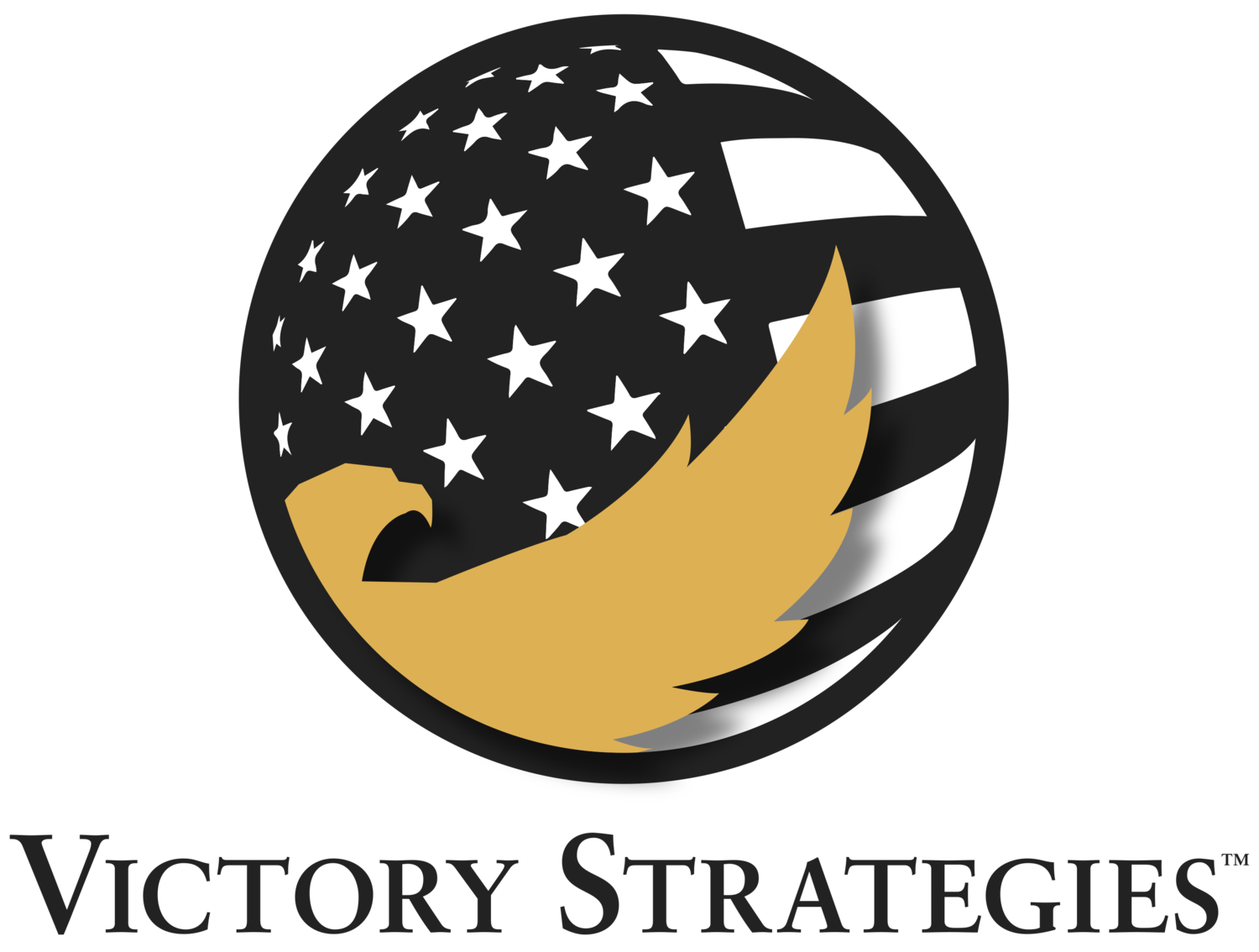I really like Stephan Pastis’ comic strip “Pearls Before Swine” because it’s clever and funny when he isn’t making horrible puns. The strip has it’s main characters like Goat, Rat, and Pig but there are some other characters that occasionally make an appearance like The Wise Ass on the Hill. The character is, you guessed it, the proverbial wise person sitting on a hill dispensing wisdom to those willing to make the journey. The insights from the Wise Ass are normally enough to make me smile though I occasionally cringe because he hits too close to home.
What’s less amusing is when people in more senior positions adopt the model of the person at the top of the hill. The unspoken message here is “come to me because I am too busy or unwilling to come to you.” This model comes in many guises, some of them well-intentioned like the ubiquitous “open door” policy. Spoiler alert: no one cares about your supposedly open door. Everyone sees it for what it is, a gimmick to provide the appearance of being approachable. The uncomfortable truth is the “come to me” model demonstrates a lack of caring and effort on the part of the supervisor. Busyness is another poor excuse because it’s not a question of time, it’s a matter of your priorities. When supervisors don’t make the effort to see their team the message is loud and clear: I am not the priority. Everyone knows the supervisors can make their subordinates come to them, which is why the effort of going to see them stands out.
Leaders are well served by remembering that there is no reason for them to exist without their teams; the team does not exist to serve the leader. This isn’t a piece about servant leadership, this is about understanding the nature of the relationship between those leading and those who are led. All other things being equal, people who feel respected and valued outperform those who do not. People who don’t feel valued or respected are the majority of the people who are silently quitting, and not without cause. “Quiet quitting” may be a new trending term but it’s not a new concept. It’s a well-established principle that people don’t leave bad jobs, they leave bad bosses. Don’t be a bad boss. Actively work on your relationships with the members of your team to build mutual understanding and respect. Don’t use your power to force your team to come to you; use your power to make things better for your team. Go to where they are and seek to understand the challenges they face on their turf, and for heaven’s sake, close your door so you can concentrate and get some work done.
Authored By: Jason Lamb, Managing Director

